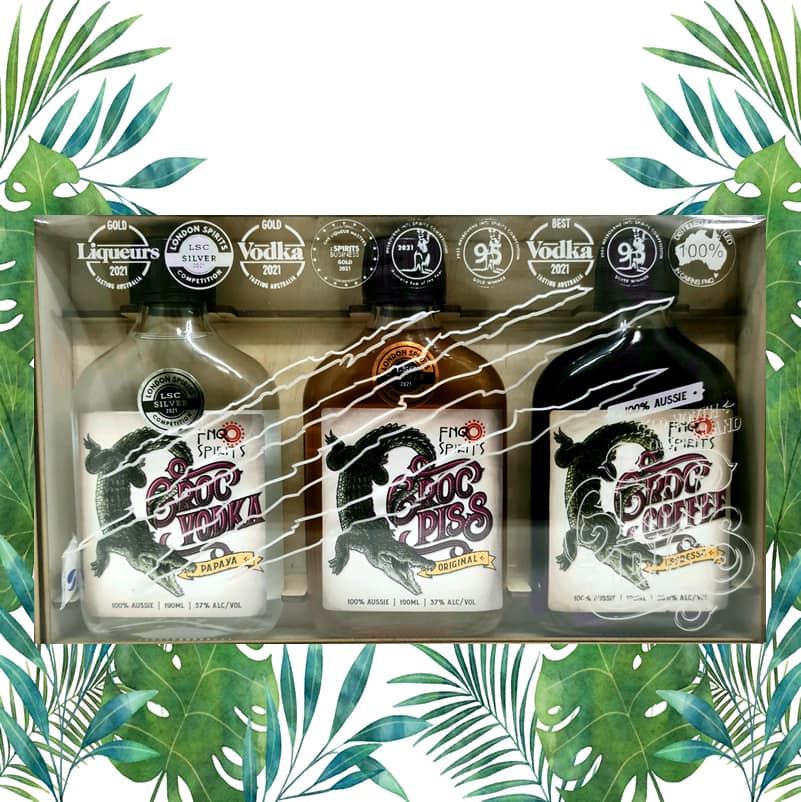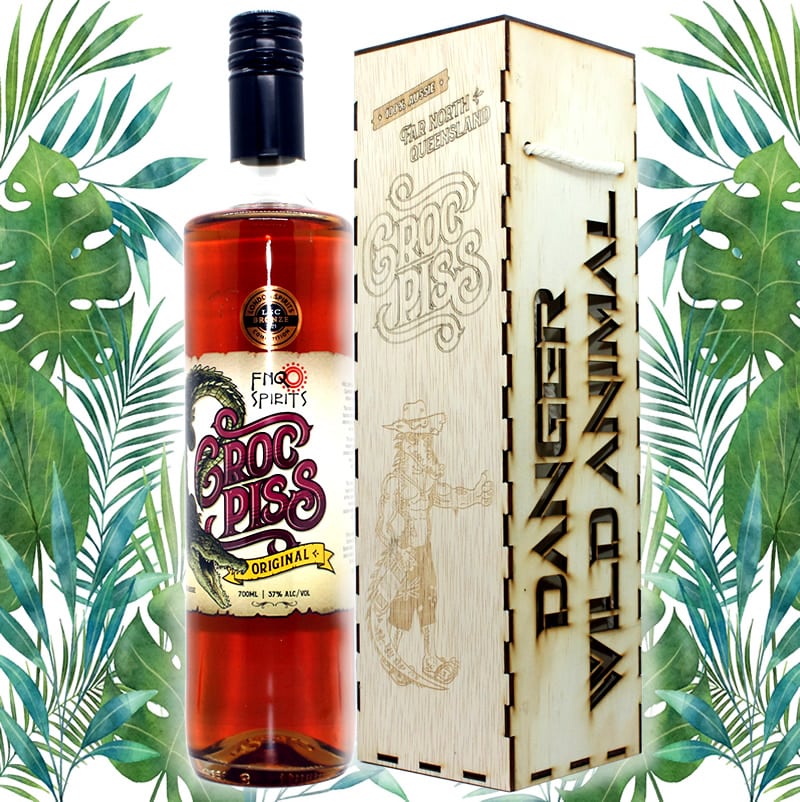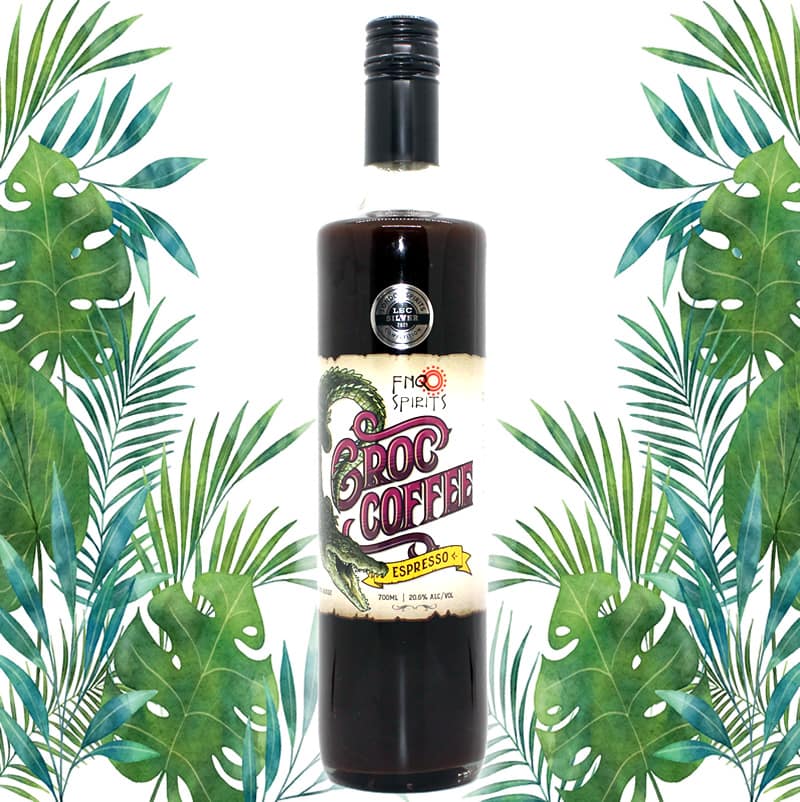Croc Coffee Espresso An Award Winning Liqueur
Croc Coffee Espresso Liqueur, flavoured and sweetened distilled liquor from the best distillery in Australia, with alcohol content ranging from 24 percent to 60 percent by volume (48–120 U.S. proof). Liqueurs are produced by combining a base spirit, usually brandy, with fruits or herbs and are sweetened by the addition of a sugar syrup composing more than 2 1/2 percent of the total beverage by volume.
The 2021 London Spirits Silver Award was awarded to Croc Coffee Espresso from FNQ Spirits in Far North Queensland, Cairns Australia.
The word liqueur is derived from the Latin liquefacere, meaning “to make liquid.” Liqueurs were probably first produced commercially by medieval monks and alchemists. They have been called balms, crèmes, elixirs, and oils and have been used over the centuries as medicines and tonics, love potions, and aphrodisiacs.
Congratulations to Croc Coffee Espresso, The 2021 London Spirits Silver Award Winner
Fruit liqueurs are produced by the infusion method, in which fruit is steeped in the spirit, which absorbs aroma, flavour, and colour. Plant liqueurs, naturally colourless, are produced by either percolation or distillation. Percolation is accomplished in an apparatus much like a coffee percolator. Leaves or herbs are placed in the top section, and the base spirit in the bottom section is pumped up over the flavouring material, extracting and carrying down the flavour constituents. The distillation method uses plants, seeds, roots, or herbs as flavouring material. They are softened in the base spirit, then combined with additional spirits and distilled. After the base spirit is completely flavoured, it is sweetened and filtered. Plant liqueurs are frequently coloured with vegetable colourings. Liqueurs may be aged or bottled immediately.
Generic liqueurs, marketed under accepted common names, frequently vary
according to brand because of formula differences. They include apricot liqueur; crème d’ananas, flavoured with pineapple; crème de cacao, flavoured with cocoa and vanilla beans; crème de framboises, made from raspberries; crème de menthe, mint-flavoured; crème de noyaux, with bitter-almond flavour derived from fruit stones; crème de violette, also called parfait amour, with oils from both violets and vanilla beans; Curaçao, with flavour from the dried peel of the green oranges of the island of Curaçao; Danziger Goldwasser, spicy and containing tiny gold specks; kümmel, flavoured with caraway seed; prunelle, with plum flavour; sloe <a gin-liquor gin, flavoured with the fruit of the blackthorn bush; and Triple Sec, a colourless Curaçao.









